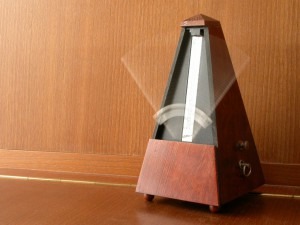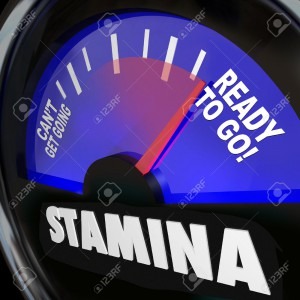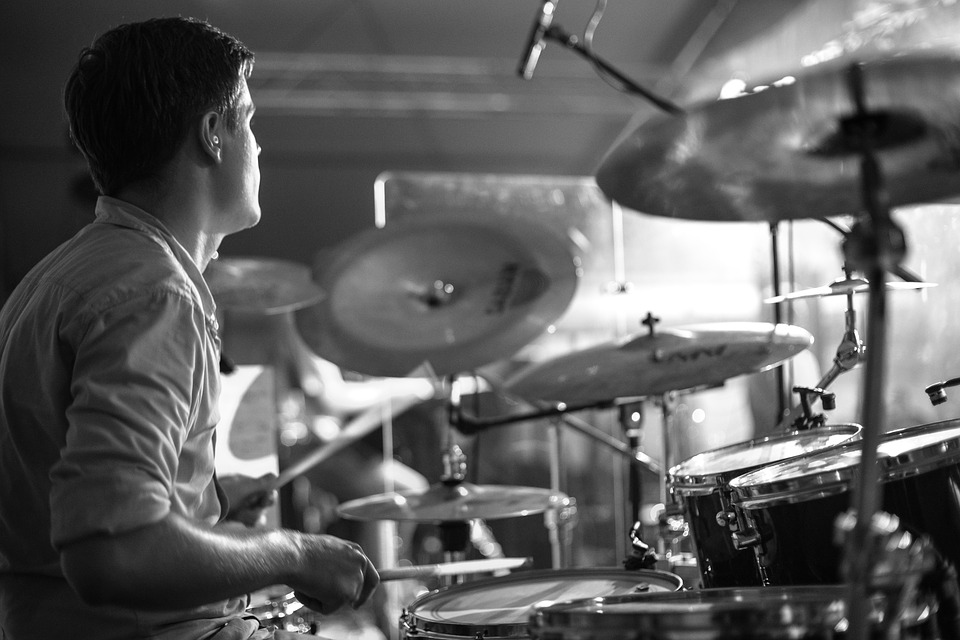Ten tips for productive practice
by Nicolette Wong
When it comes to practising instruments, most people are concerned about quantity. ‘But I practised 20 minutes every day!’ ‘I practised yesterday!’ ‘I spent a total of five hours practising this week!!!’
But I urge you to concentrate on quality, not quantity. If you practise in the wrong way, all these hours are not only a wasted effort but may also be disadvantageous as they can lock-in bad habits and mistakes that prove harder to undo and correct.
Here are my ten tips for practising effectively and efficiently:
1. Regularity
Practising every day for 20 minutes is much more effective than practising for two hours just before class.
2. Divide and Conquer
Nobody pops a whole piece of steak into her mouth, so divide a piece into bite-size sections and work on them one by one!
3. Analyse the Piece
Try to study the piece away from your instrument. Think about the context, the period, and the composer. What form is it in? Is it in a major or minor key? What is the tempo? All these elements will help you understand and play the piece better. For young children, it may help to create a story for them to think about, depending on the tonality, tempo, dynamics and articulation of the piece.
4. Stay Focussed and Avoid Repeating Mistakes
When you keep stumbling over the same passage, isolate this and repeat this slowly to make sure all mistakes are corrected. A teacher may ask a student to repeat a certain phrase ten times a day, and some students will comply, except that nine out of ten times will include a mistake. Make sure you play attentively and correctly, otherwise you are effectively reinforcing your mistakes!

Credit: Wikipedia
5. The Metronome is Not Your Enemy!
Use the metronome early on. This will help fine-tune your body’s own metronome and ensure a steady beat from the beginning – the earlier you use it, the less painful it will be!
6. Pay Attention to All the Details
When learning a new piece, aim to perfect it immediately. Do not just focus on playing the correct notes, but also observe the rhythm, dynamics and articulation. Though this may take longer in the beginning, it will save you a lot of time in the long run.
7. Read the Score
Learn by reading the score. Playing by ear or copying your teacher means you will never be able to play anything by yourself. When stuck, count the lines and spaces to find the letter name of the note. Do not guess and do not go back to the beginning of the piece! Following the score means that you will not lose your place, and more importantly, the more you read, the better you will be at sight-reading!

Credit: http://previews.123rf.com/
8. Give Yourself an Early Deadline
When you have an exam, a competition, or a performance coming up, aim to get your pieces ready two weeks before, so you have ample time for fine-tuning details. It is usually these details that differentiate an excellent performance from a good rendition.
9. On Memorisation
When you have to memorise a piece, try to visualise writing out the score and to imagine hearing the piece in your head. You need to know it well in your mind rather than rely solely on muscle memory. Memory lapses happen when your hand slips and you do not know the music well enough to salvage the situation.
10. Build Up Your Stamina
Start playing through your programme – the same way you would in a performance – at least two weeks before your recital or exam, and try to do that three times a week and without warming up. Playing through is exhausting because it requires utmost concentration – you need to get used to it. It is also helpful to play through at the time of day similar to that of your exam or performance, and remember not to over-practise the day before!
Happy practising!
